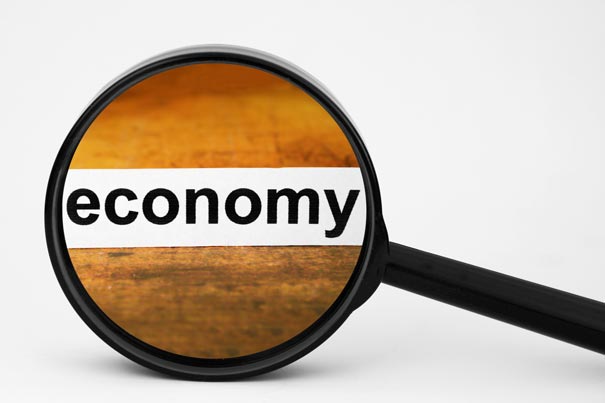Kudos to Stephen Long from the ABC for an accurate and thoughtful piece on the state of the economy “How a consumer go-slow and a pile of debt is killing the economy“.
I am not just saying this because I featured in the article and news segment on the ABC last night, but because he hits the nail on the head.

In the face of the undeniable weakness, Mr Frydenberg has not dropped the reference to a “strong” economy, instead describing it as “resilient”.
That’s a fair call; a world-record 28 years without a recession is evidence enough
Australia’s weathered the Asian financial crisis of the 1990s, the tech wreck of the 2000s, and the Global Financial Crisis a decade ago without succumbing. But that record has involved some sound management and a lot of luck.
At some stage, the luck will run out.
Alongside spluttering economic growth and households hunkering down at home, a series of risks lurk offshore — a bad Brexit, the US-China trade war, underlying problems in the Chinese economy blowing up among them.
“Any one of those could play us into a GFC 2.0,” says Mr North.
“And if that happens then essentially all bets are off.”
“We are going to see very high levels of unemployment, we’re going to see a lot of households defaulting on their mortgages and that would have a spillover effect on the economy. That would hit the banks and take us into a very dark corner, in my view.”
In recent times, it’s only been population growth that’s kept Australia out of recession. More people have created more demand but high immigration has also helped to suppress wages.
While the pie’s been growing larger, the slices have been getting smaller (leaving aside the distribution of the pie, which is skewed towards those at the top).
Per head, living standards have fallen — a phenomenon that’s been dubbed a “per capita recession”.
The government and the RBA will be banking on the tax cuts which commenced in July and interest rate cuts to lift the economy out of the doldrums. If we’re lucky, things may start to turn around.
But if the luck runs out, there could be far worse to come.
